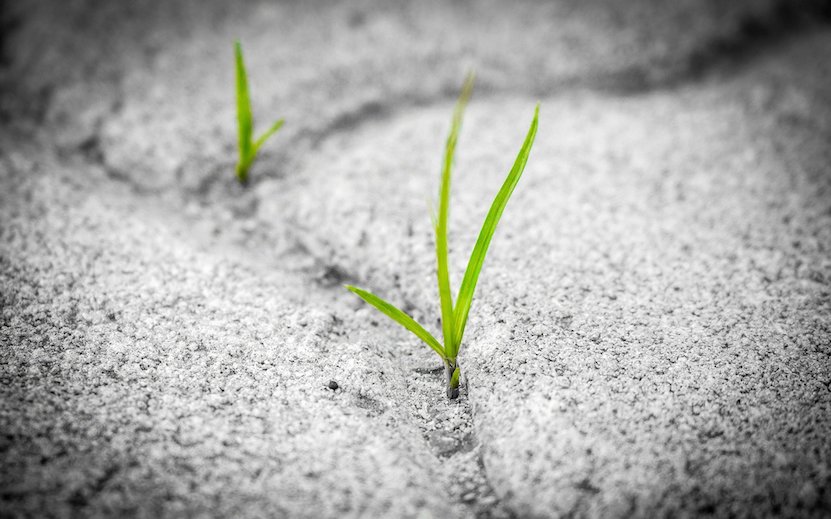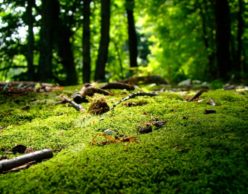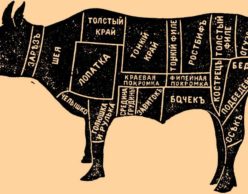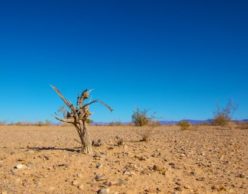Mash-Up Round-Up: Reality Demands

The week of May 16, 2020 was a reckoning. We’ve been in sheltering in our homes for 9, 10, 11 weeks at this point. Tens of thousands of people have died in Mash-Up America and countless more are suffering. And yet — and yet, reality demands that life goes on. We find ways to grieve, joyously, if we can. We find ways to celebrate our victories against the virus. And we find ways to seek beauty, wherever we can, most often in our communities. Where do you see it?
Reality Demands — Wislawa Szymborska
This week, we’re sharing a poem that means a lot to us these days.
Wislawa Szymborska is a Polish poet who came of age during World War II. She saw her country destroyed twice. Yet her words allow the bitterness of human fallibility to coexist with the richness of the world and its unremarkable — and unfathomable — miracles. We hope this gives you as much comfort as it does us.
Reality Demands
Reality demands
that we also mention this:
Life goes on. It continues at Cannae and Borodino,
at Kosovo Polje and Guernica.
There’s a gas station
on a little square in Jericho,
and wet paint
on park benches in Bila Hora.
Letters fly back and forth
between Pearl Harbor and Hastings,
a moving van passes
beneath the eye of the lion at Cheronea,
and the blooming orchards near Verdun
cannot escape
the approaching atmospheric front.
There is so much Everything
that Nothing is hidden quite nicely.
Music pours
from the yachts moored at Actium
and couples dance on their sunlit decks.
So much is always going on,
that it must be going on all over.
Where not a stone still stands
you see the Ice Cream Man
besieged by children.
Where Hiroshima had been
Hiroshima is again,
producing many products
for everyday use.
This terrifying world is not devoid of charms,
of the mornings
that make waking up worthwhile.
The grass is green
on Maciejowice’s fields,
and it is studded with dew,
as is normal with grass.
Perhaps all fields are battlefields,
all grounds are battlegrounds,
those we remember
and those that are forgotten:
the birch, cedar, and fir forests, the white snow,
the yellow sands, gray gravel, the iridescent swamps,
the canyons of black defeat,
where, in times of crisis,
you can cower under a bush.
What moral flows from this? Probably none.
Only the blood flows, drying quickly,
and, as always, a few rivers, a few clouds.
On tragic mountain passes
the wind rips hats from unwitting heads
and we can’t help
laughing at that.
— Wislawa Szymborska





